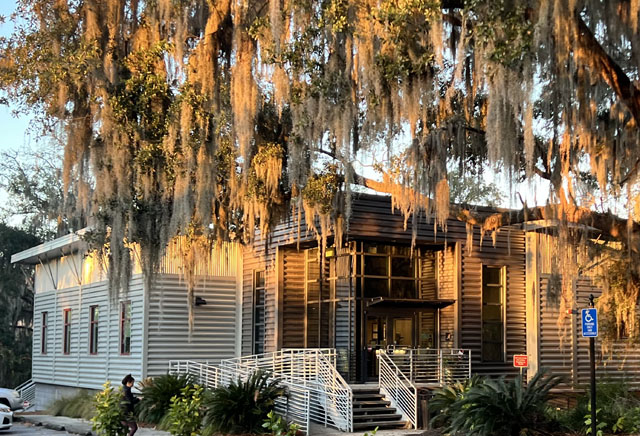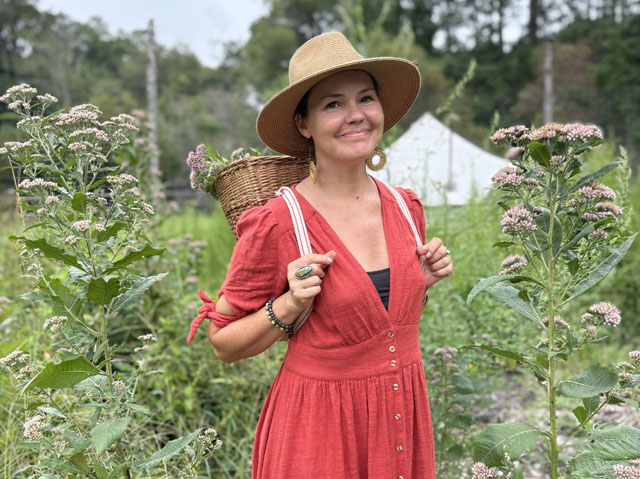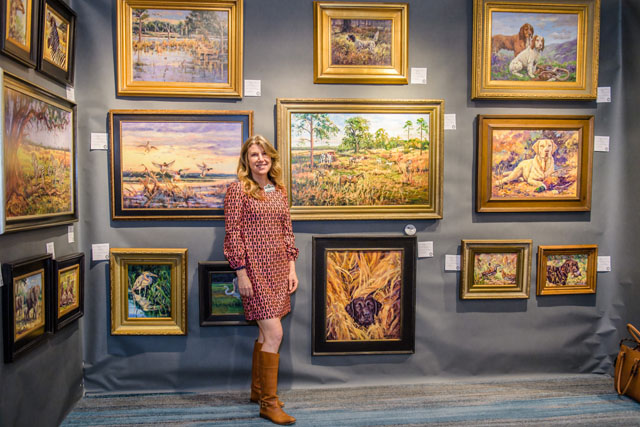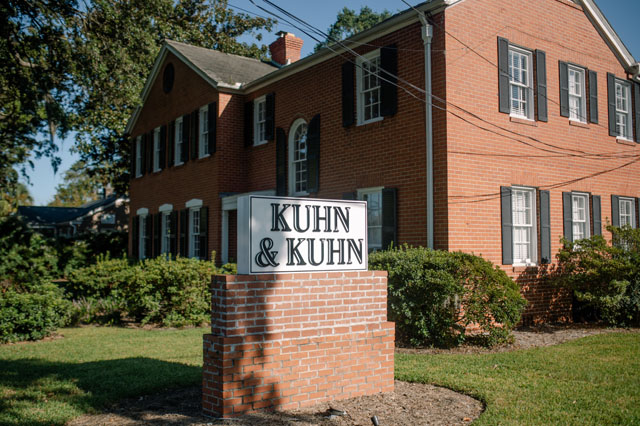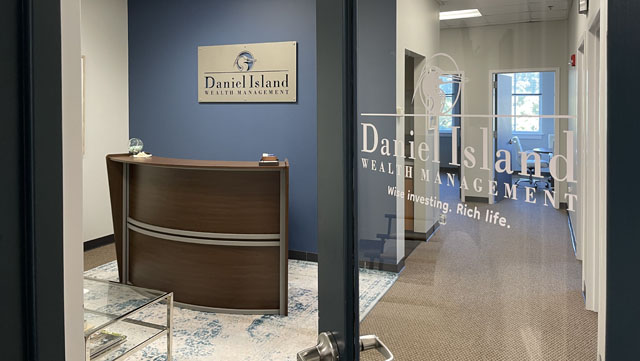Election Day Unsung Heroes
04 Sep 2024
Poll workers make your vote count
By E.C. Waldron
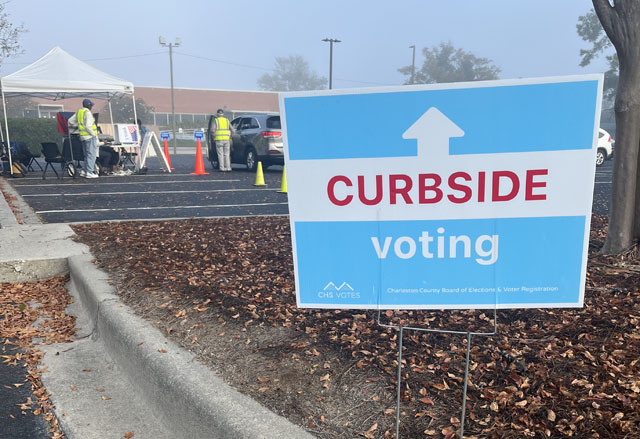
You may be choking on the political ads, muting the tv, or tossing the mailers into the recycling bin. But on a Tuesday in November, if you cast your ballot, you want to make sure it counts. And there is a cadre of local well-trained professionals to make sure it does: the poll workers.
“You have to be at the polling place by 6 a.m. at the latest and get the poll workers sworn in and take the oath, so that they are officially working for the county and certified when they start unsealing the equipment and getting it set up and ready for voters,” said Kate Everingham, a longtime poll worker and Mt. Pleasant resident.
The workers earn about $250 for the 14-hour day. Voting is open from 7 a.m. – 7 p.m. sharp. Poll workers check in voters, help those with disabilities access the ballot with hearing and vision impaired attachments and even bring large machines out to vehicles for those who require curbside voting due to disability.
Everingham moved to the United States from South Africa in 1999. The day in 2017 she became a U.S. citizen, she got busy for democracy.
“It was very important, and quite literally the first thing I did after I had this citizenship certificate in my hand. The League of Women Voters were in the same room, and I went and signed the form to register to vote, and said, ‘yes I wanted to be a poll worker!’” She now works every election in Mt. Pleasant, where she lives.
Everingham says her father was a local elected politician in England, and provided her with a good example of serving the community. Since then, she has followed her dad’s lead—and working at the election poll locations is one of the best ways to do that. And she has fun, too.
The election workers celebrate new voters, like when parents come in with a teenager and say they are voting for the first time, or when the poll worker notices a person’s age on their ID means they haven’t voted before, and they confirm it.
“Then whoever’s checking them in will quite literally yell, ‘first time voter!’ and we will all stop what we’re doing and burst into applause and whoop and holler and whistle and thoroughly embarrass them, but we are so excited to see people participate,” said Everingham.
Moments like this help to break up a very long day with a lot of checks and balances.
Everyingham said workers are trained to not discuss politics, and to bring something to occupy themselves during a lull.
“People do bring a book to read or do a crossword puzzle, and there’s nothing wrong with it. You just want to be very professional when voters arrive and not be scrolling on your phone, because we’re asking them not to have their phones on in the voting area,” Everyingham said.
She added the process of checking the voter in is the most important thing. The identity of the person is verified by looking at the photographic ID, evidence which is required in South Carolina, to make sure that the date of birth and the photograph identify the person.
Everingham has worked the polls about three dozen times—36 elections, both local state and federal—and in the last few elections she has noticed an uptick in questions from voters questioning the equipment, such as who manufactures the machines. Sometimes people make unusual statements.
“I think some people have become sort of emboldened somehow over the last few years to make remarks that they would otherwise just not have been said, sort of throwaway remarks,” said Everingham, “When one person put their ballot in the scanner they said, ‘Is this the shredder?’”
Or sometimes voters will question if the machines are linked to the internet, rendering their choices not private. Everingham said in a busy election room, workers answer these questions but must keep the line moving.
For the record, the only time a voter’s name is used at all is at the check-in table, to make sure you only vote once. The voting machines record your choices, not your name.
Despite some suspicious grumblers, Everingham said most voters are pleasant and respectful. And many local restaurants donate food to break up the long day.
“We sometimes get pizza, donuts, cookies, and even trail mix donated to poll workers by local businesses and grateful voters. These are all relatively easy to eat and very welcome. The most unusual was a giant bowl of barbecue chicken, dripping in sauce, which smelled delicious and was so tempting, but hard to manage while issuing ballots,” Everingham said.
After many years not only at the poll locations, but also working during early voting, Everingham has a suggestion for people who may question the process or just would like to learn more about this foundation of our democracy—work the polls! Workers are needed for both election day and early voting. Charleston County Board of Voter Registration and Elections holds training before the election.
“The elections office offers poll workers, from training to election day, phone support. They are absolutely the gold standard in South Carolina,” Everingham said. “We want more people (to work the polls) because I think the more people who do this, even if they only do it once or twice, will begin to see and understand how incredibly secure it is and understand the chain of custody for the ballots and the sealing of machines—the fact that everybody is so well trained—I would love more people to sign up to do it!”
There are more than 180 voting locations in Charleston County, so there are plenty of opportunities to serve in your community. You may not get any barbecue, but you’ll learn a lot and work shoulder-to-shoulder to make every vote count.


